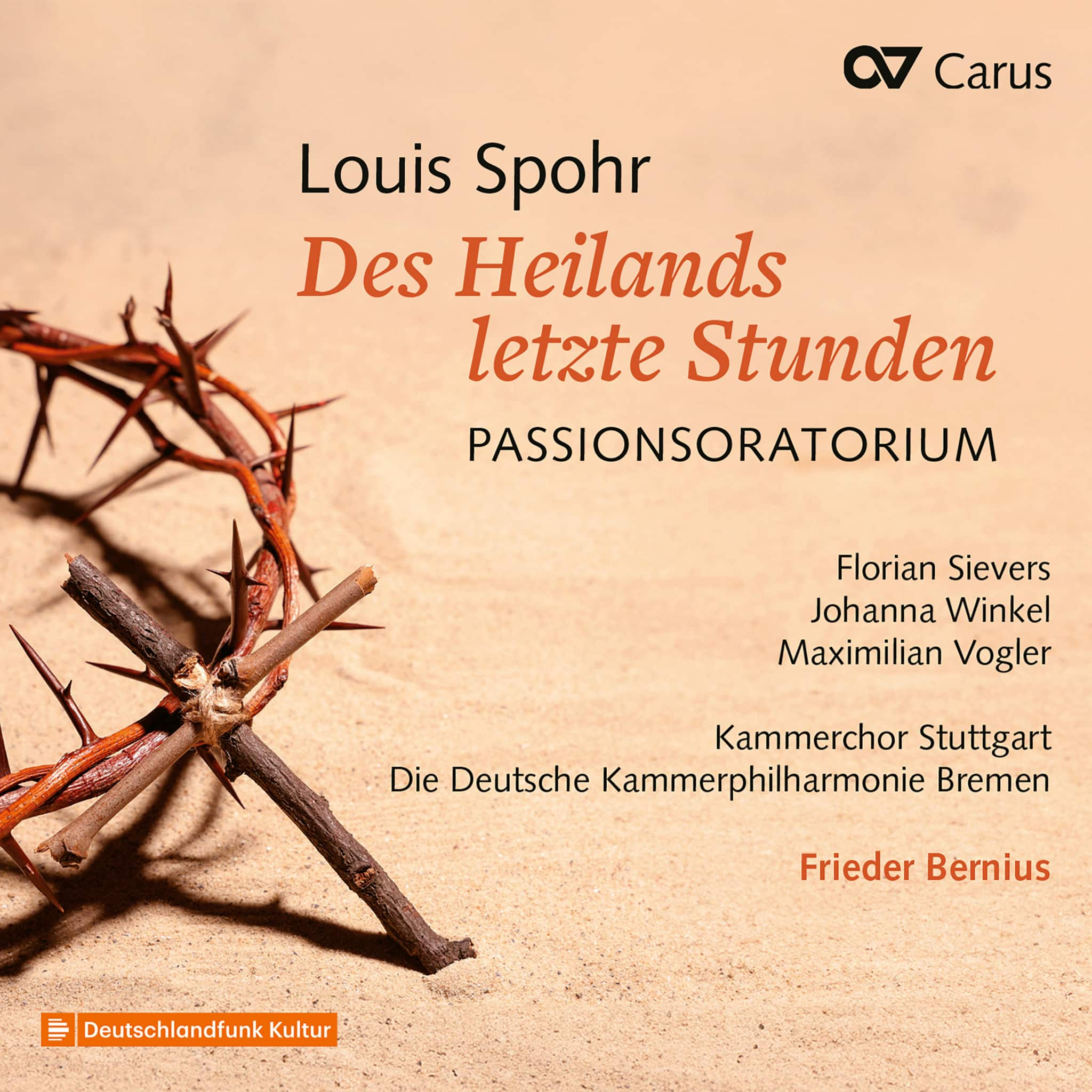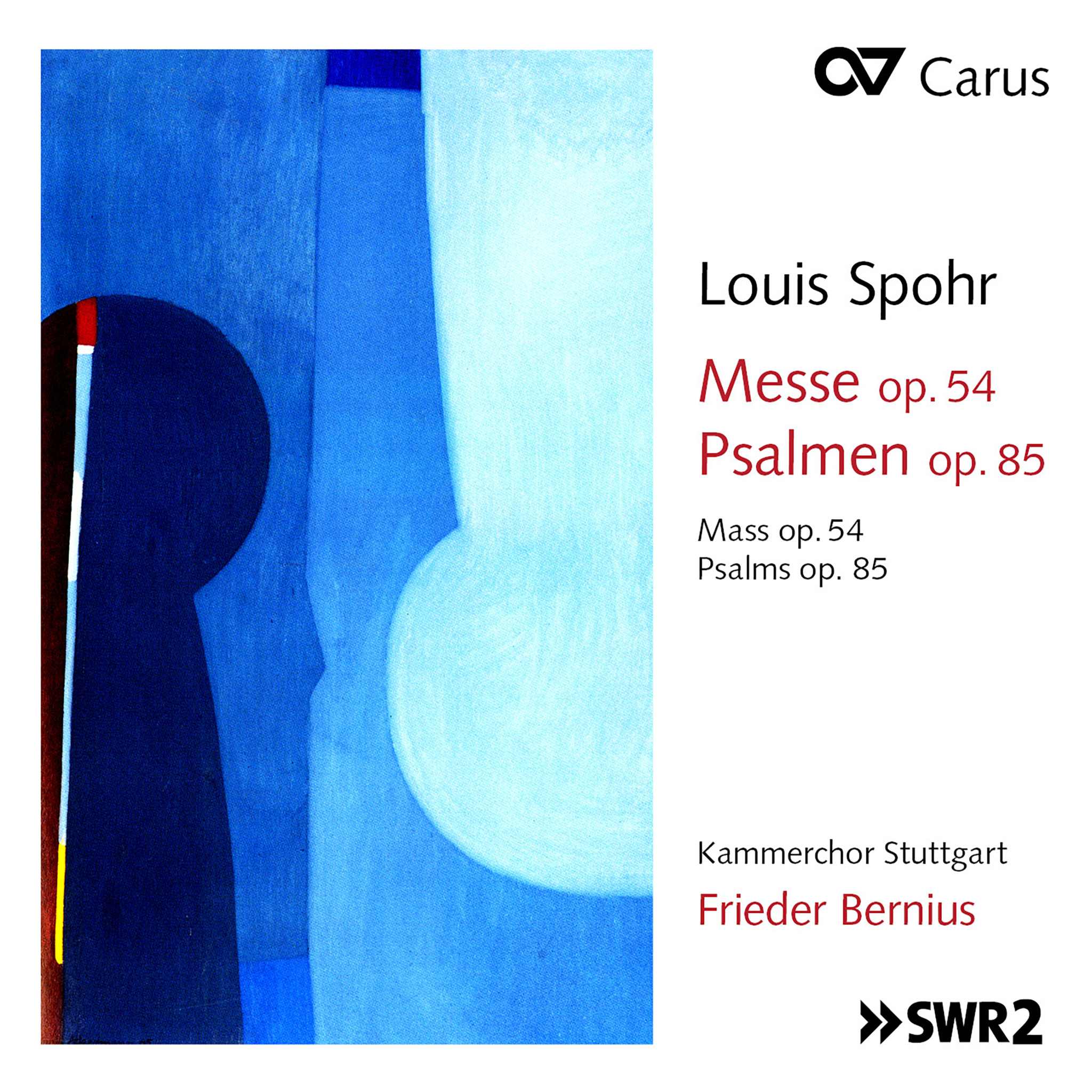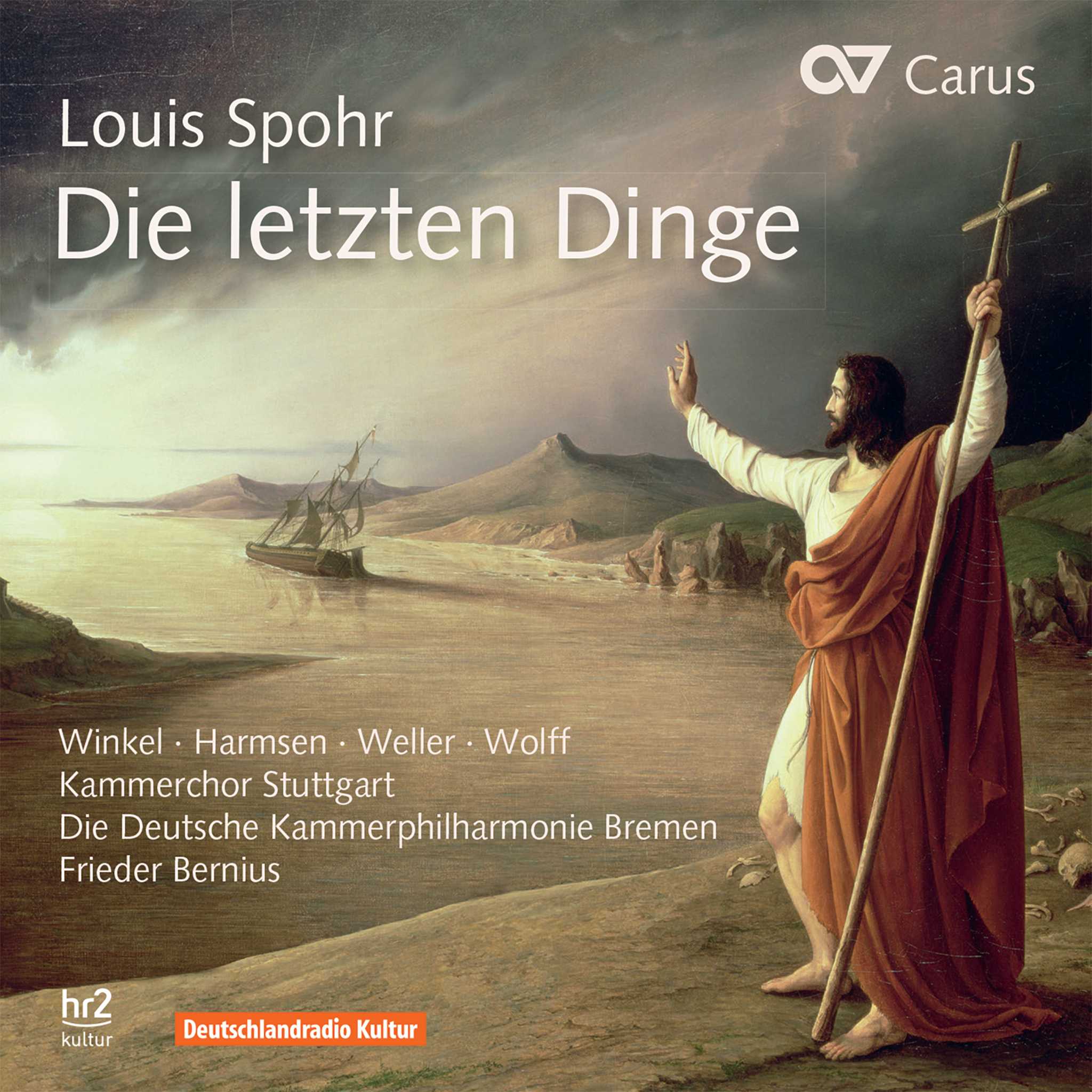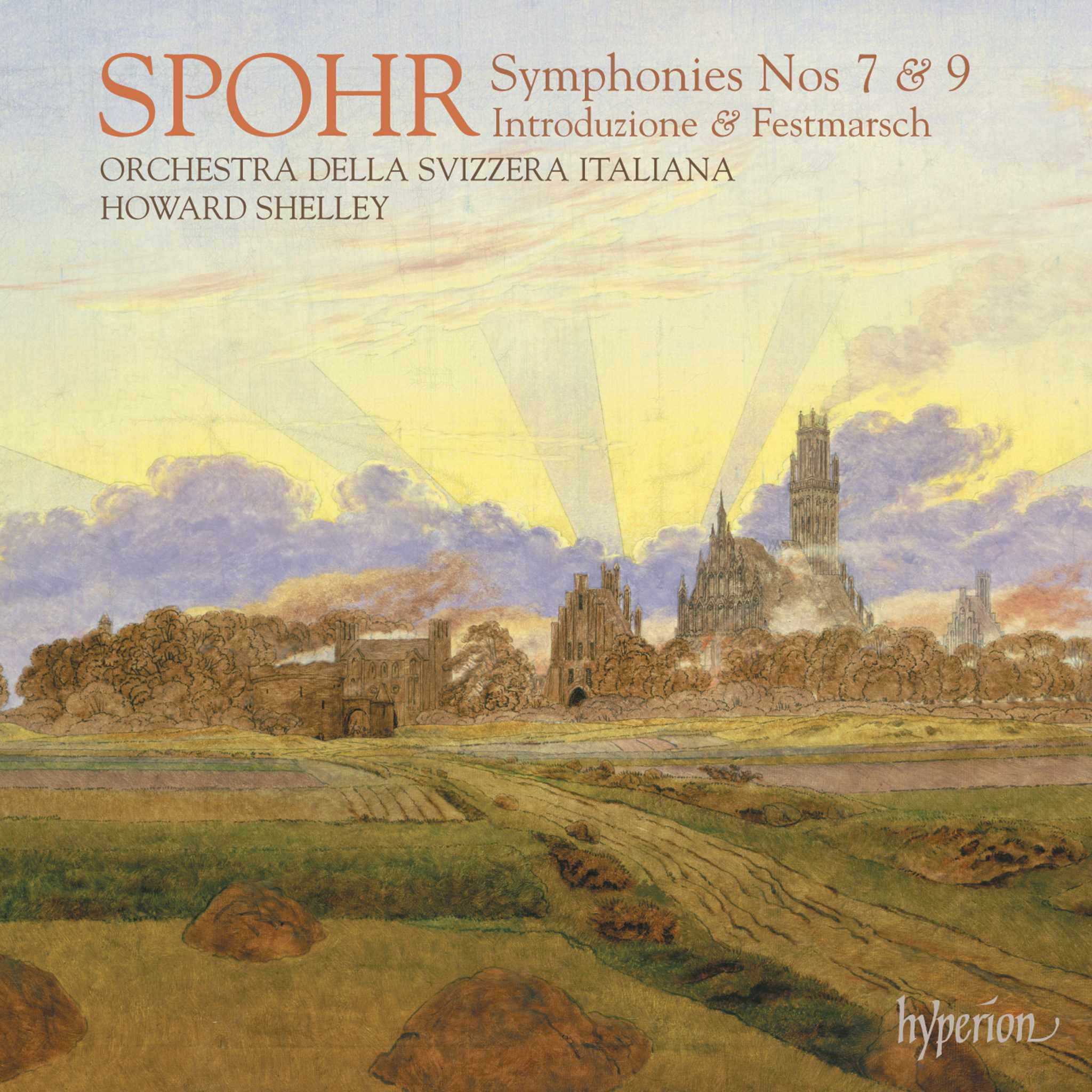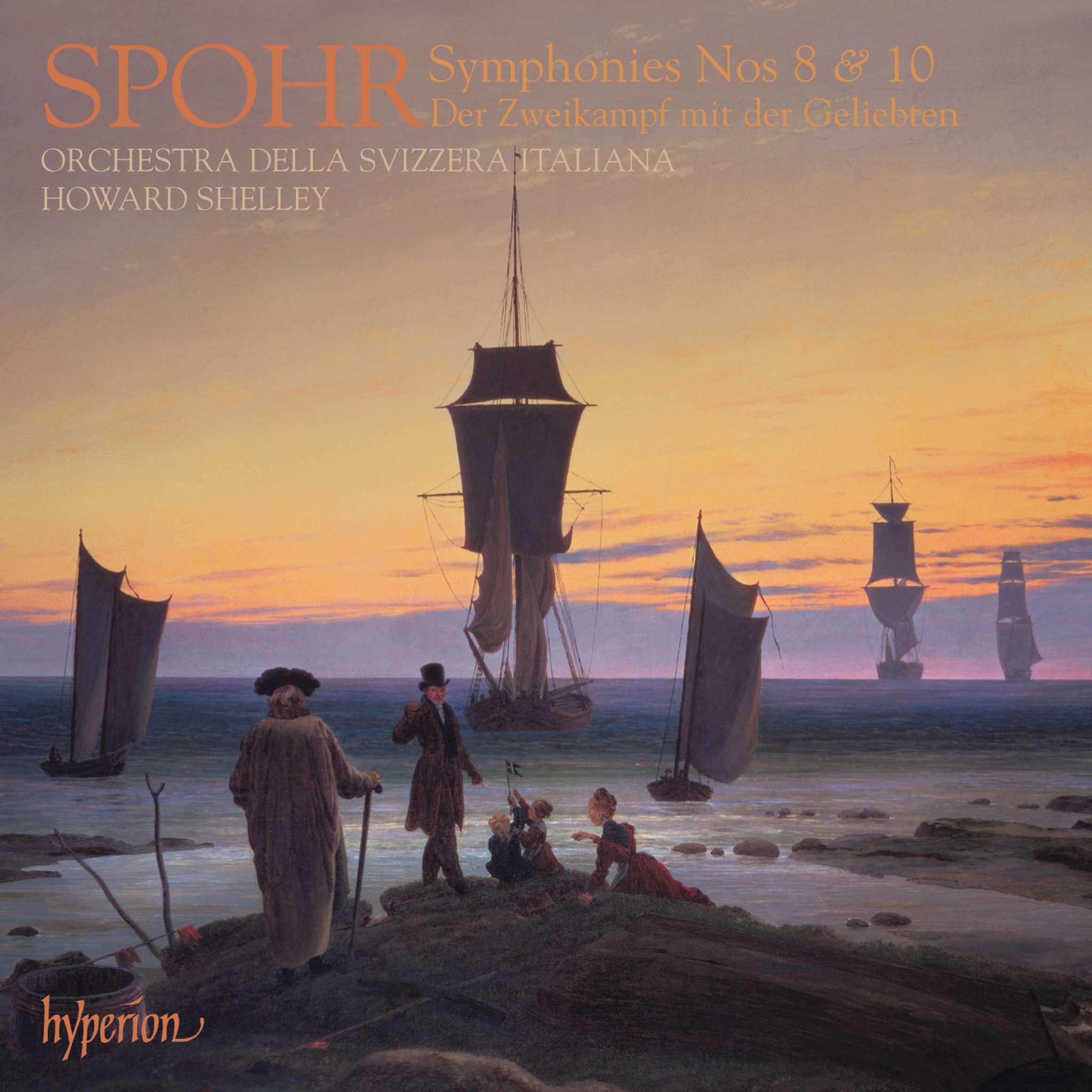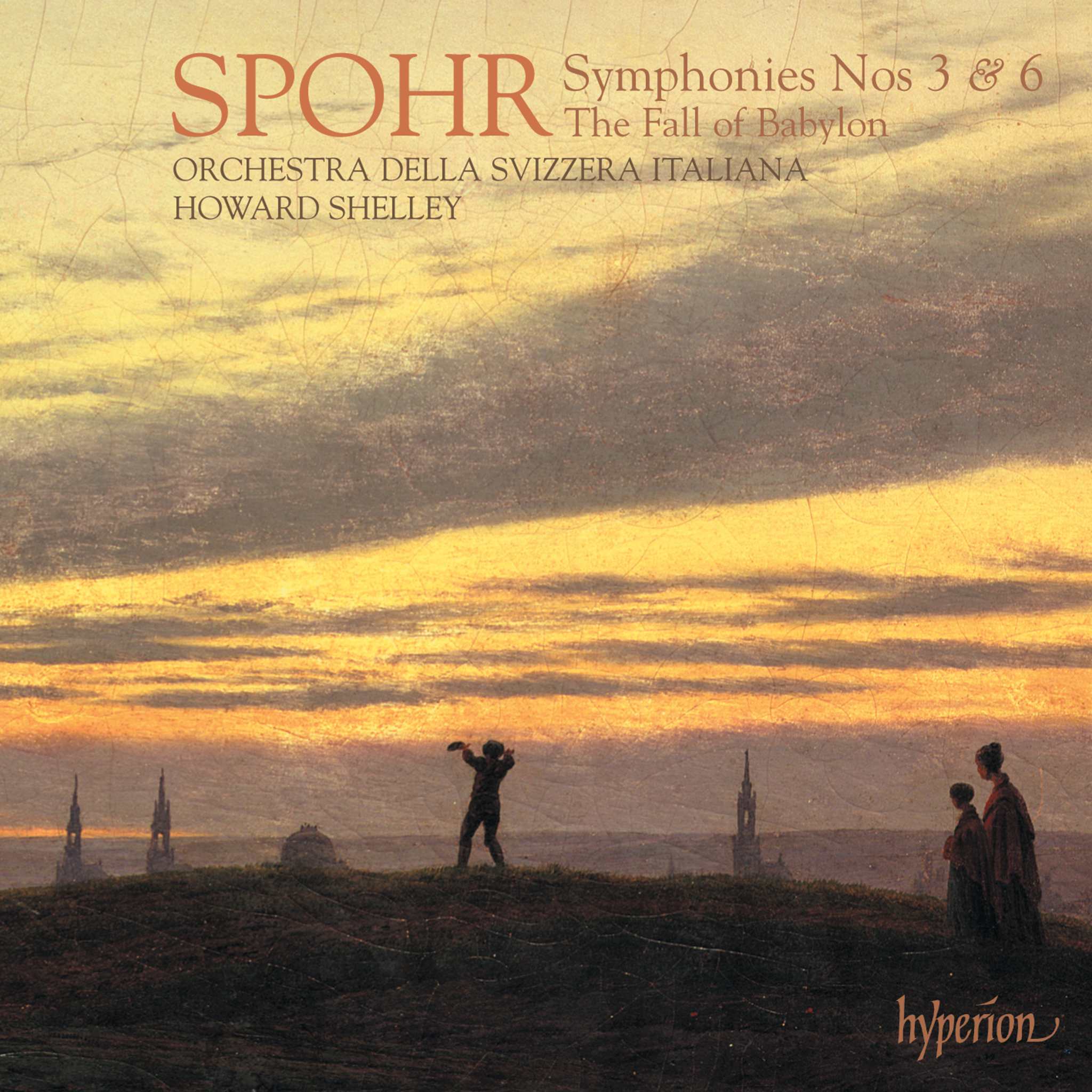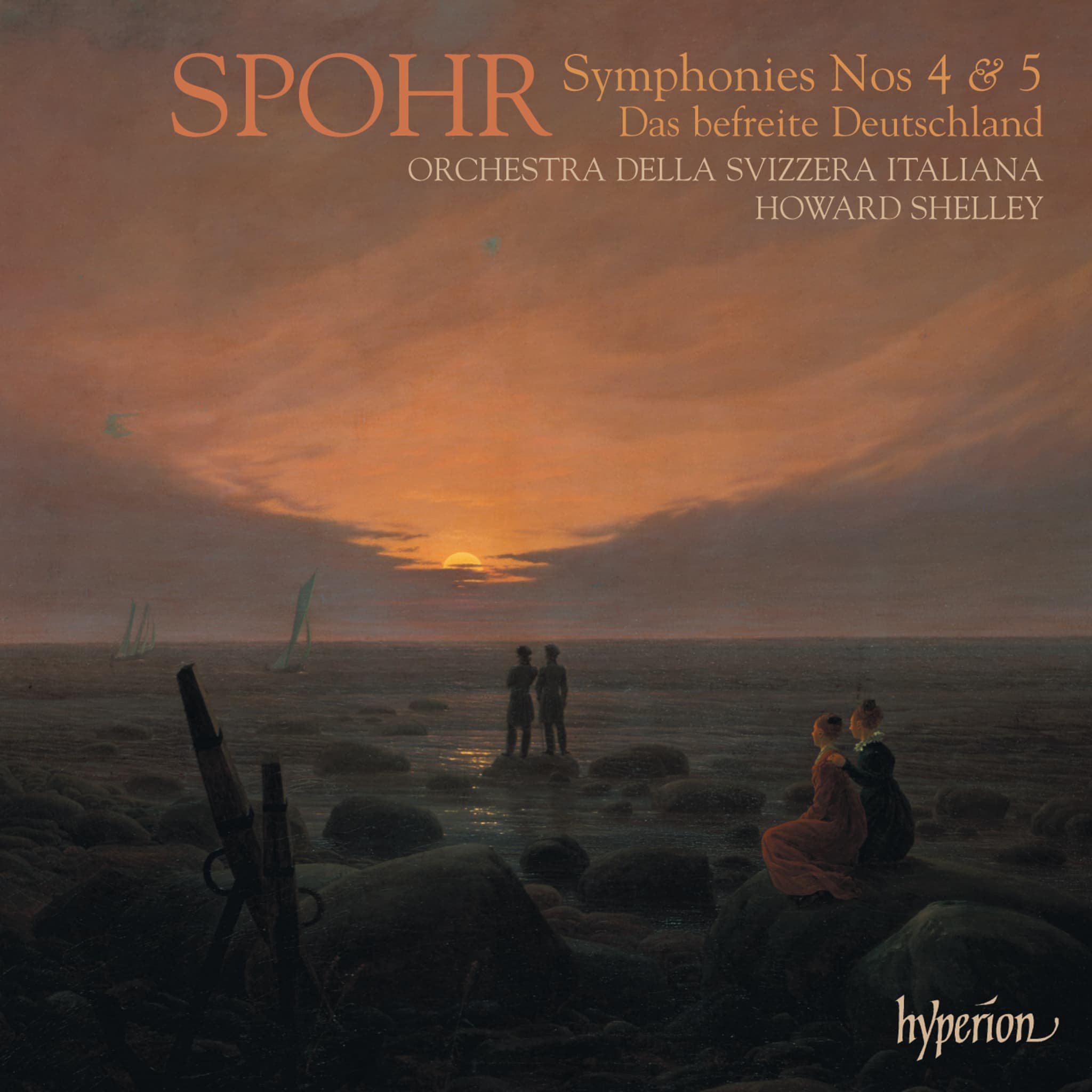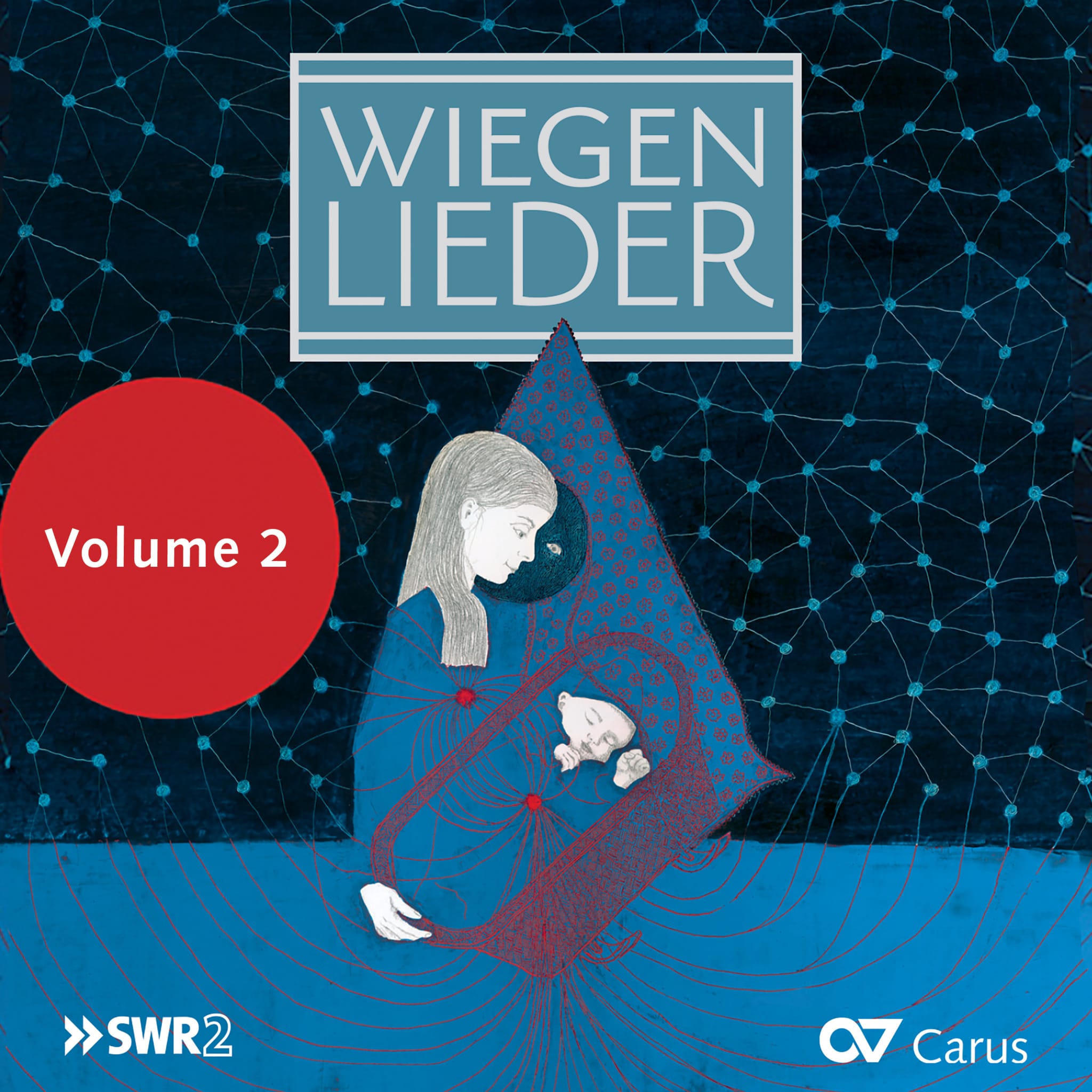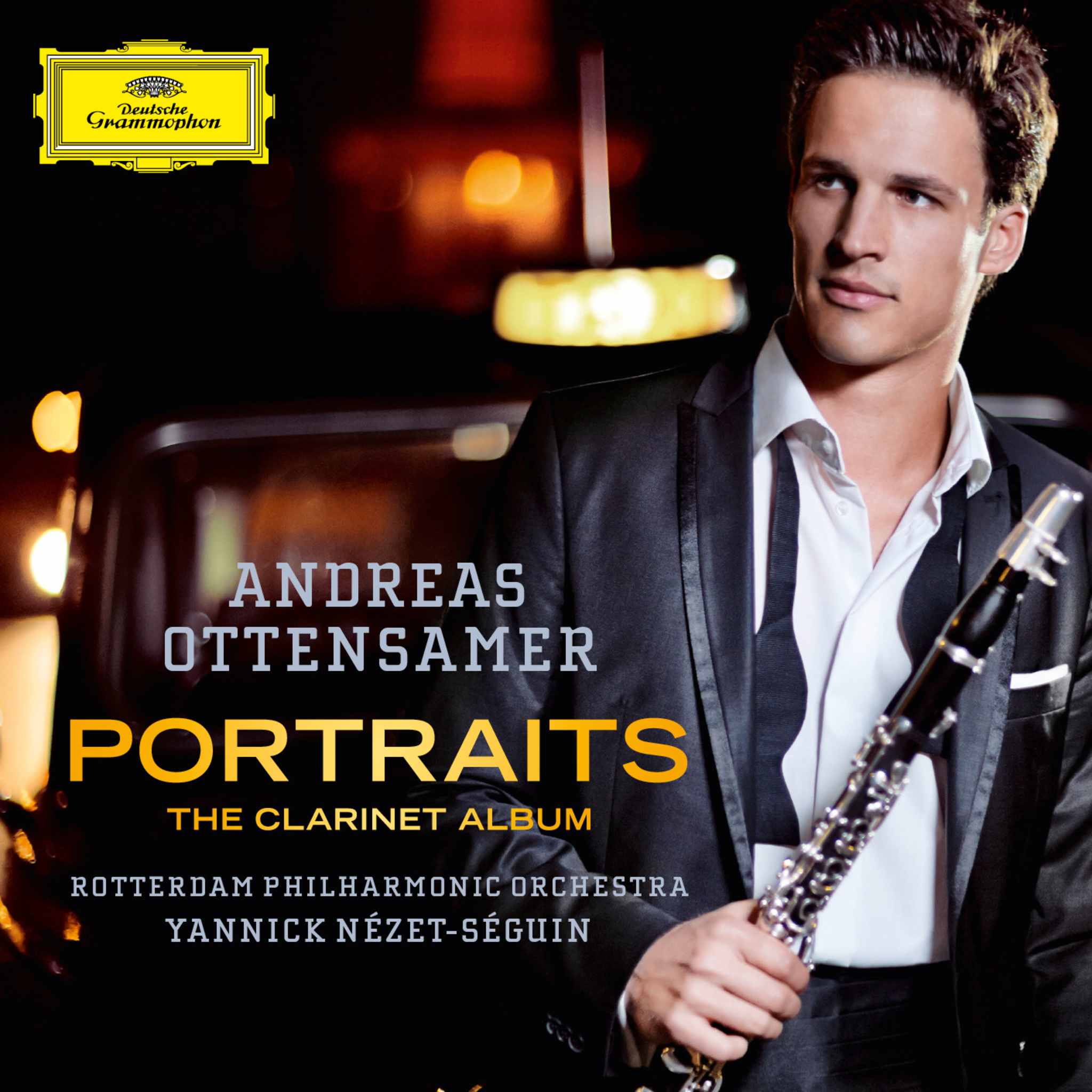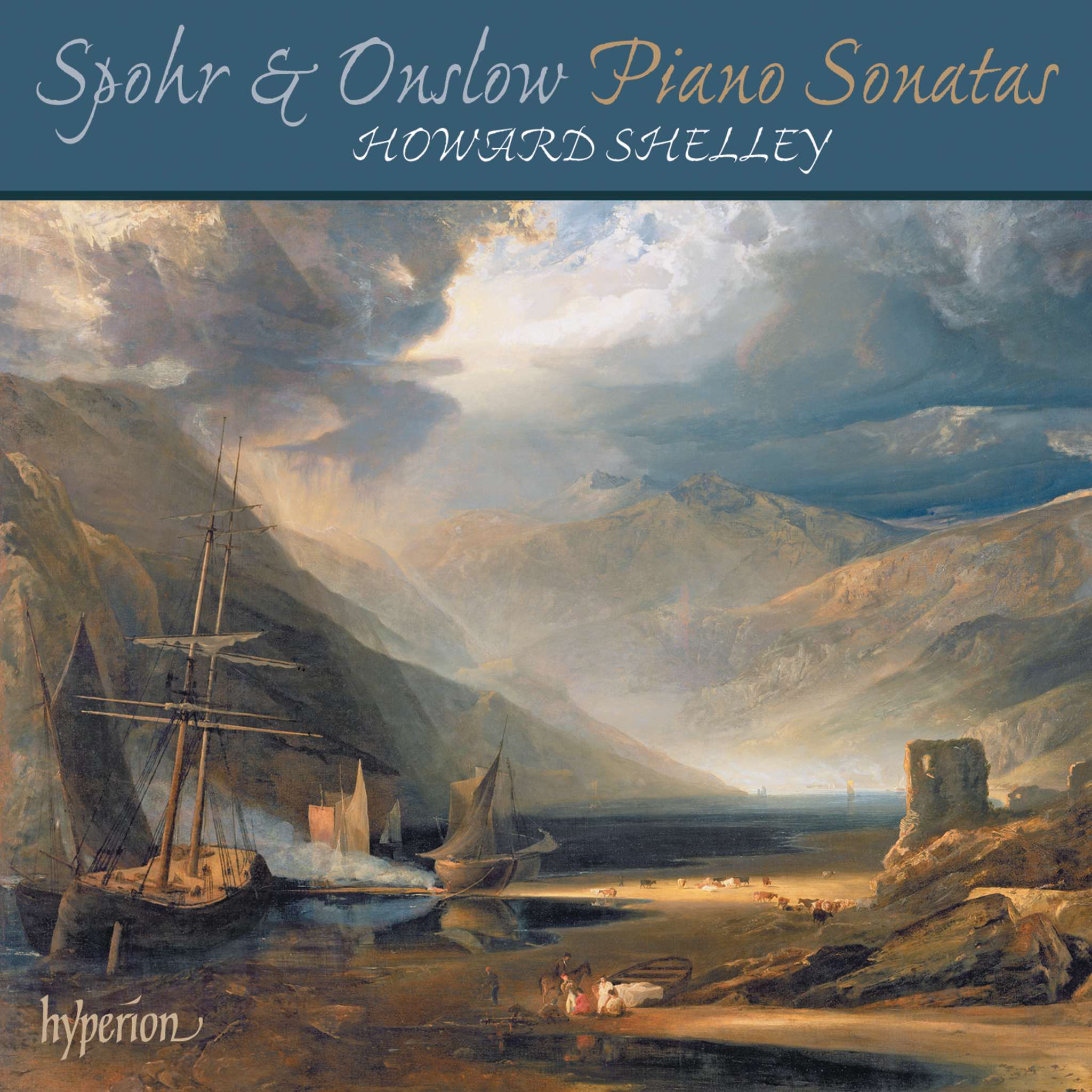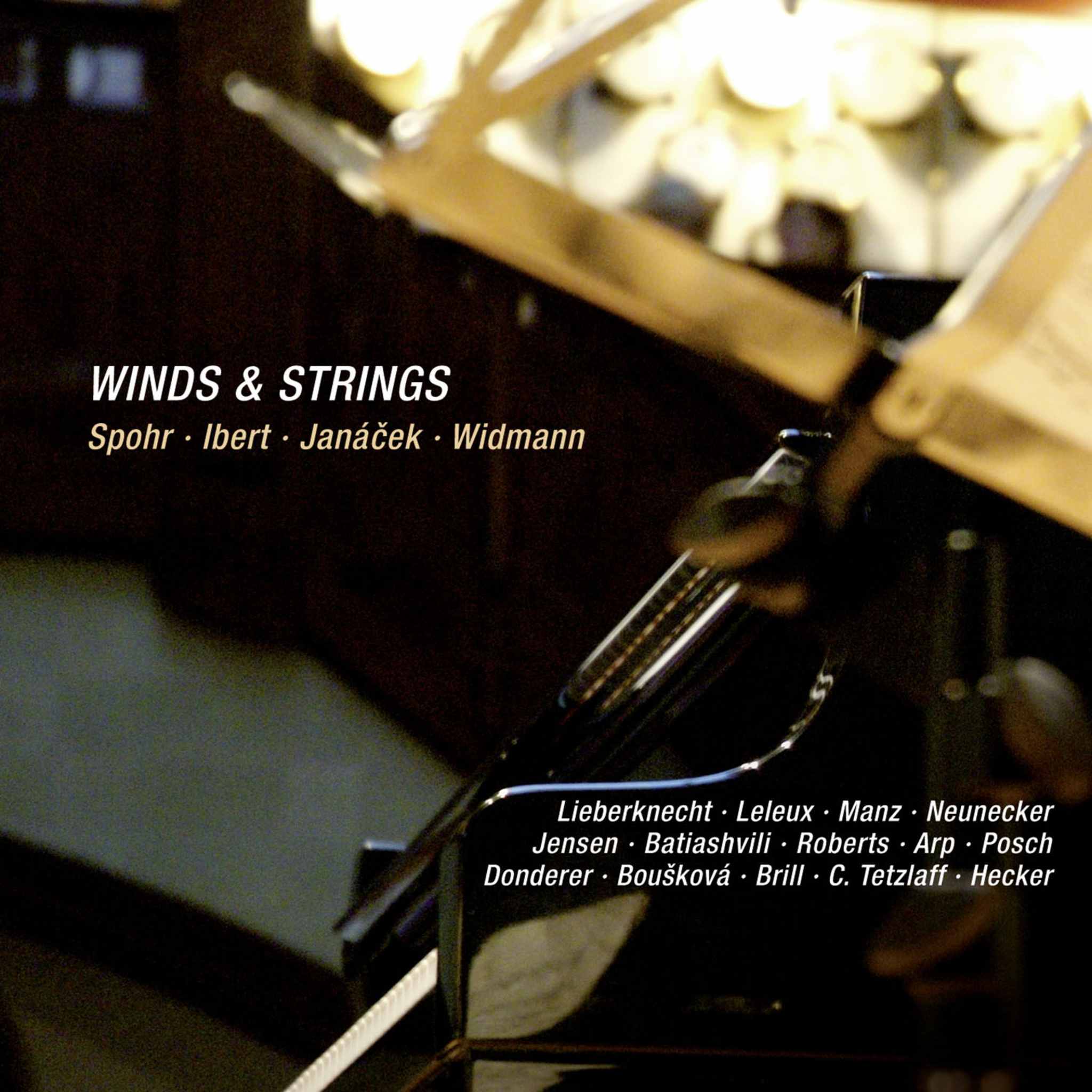Fascinating Works by Louis Spohr: Beethoven and Beyond
Louis Spohr, born on 5th April 1784 as Ludewig Spohr and often referred to as Ludwig in modern German, was a well-regarded composer, violinist, and conductor. He played a significant role bridging the Classical and early Romantic periods. In his lifetime, Spohr composed ten operas, ten symphonies, and eighteen violin concerti. Apart from these, he also invented the violin chinrest and the orchestral rehearsal mark. Despite his successes during his lifetime, his composed works for small ensemble, chamber music, and art songs fell into obscurity after he passed away on 22nd October 1859. His music was rarely heard, but his musical compositions remain notable and continue to be studied with interest.
